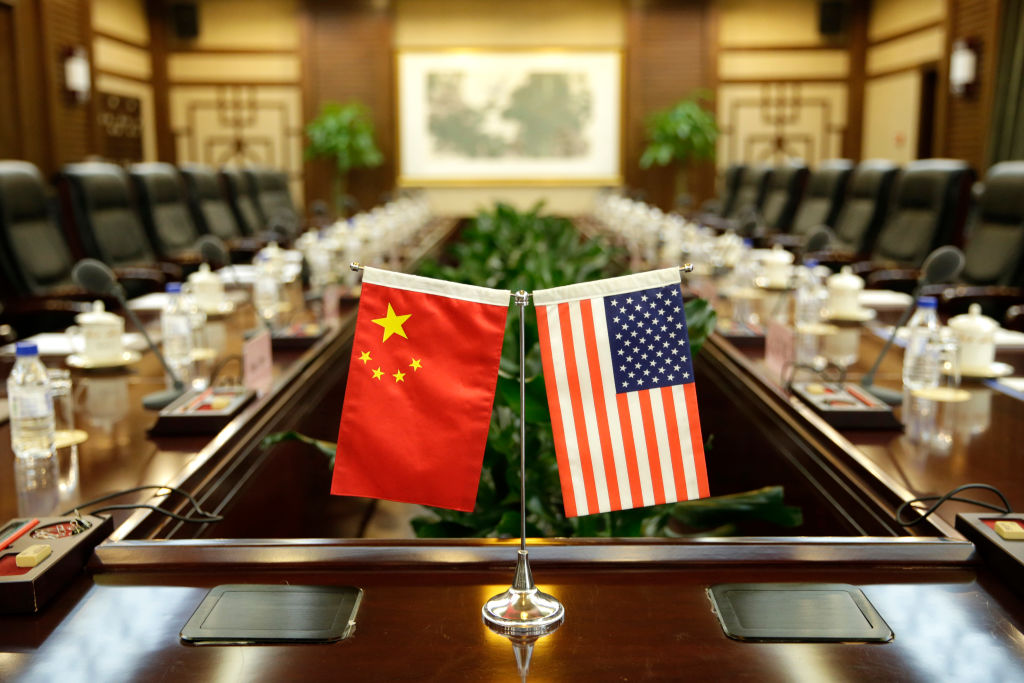China’s Premier announces Beijing is lowering its economic growth target


A free daily email with the biggest news stories of the day – and the best features from TheWeek.com
You are now subscribed
Your newsletter sign-up was successful
After years of rapid economic growth — growth heavily reliant on mounting debt — China is slowing things down and focusing on stability, Chinese Premier Li Keqiang announced during his annual speech at the National People's Congress on Tuesday.
The government is lowering its growth target to between six and 6.5 percent, following last year's 6.6 percent growth rate — the country's slowest pace since 1990. Li told the assembled delegation of nearly 3,000 representatives that they must prepare "for a tough struggle" and that the "difficulties we face must not be underestimated."
Li acknowledged that the China's tariff-trading skirmish with the U.S. has negatively affected the economy, but the two sides are reportedly inching closer to a deal.
The Week
Escape your echo chamber. Get the facts behind the news, plus analysis from multiple perspectives.

Sign up for The Week's Free Newsletters
From our morning news briefing to a weekly Good News Newsletter, get the best of The Week delivered directly to your inbox.
From our morning news briefing to a weekly Good News Newsletter, get the best of The Week delivered directly to your inbox.
However, The Wall Street Journal also reported that despite scrapping "Made in China 2025" — a plan heavily criticized by the Trump administration, which considers it an attempt to turn China into a global technology leader, while simultaneously harming the U.S. tech industry — Li's remarks likely did not do enough to dissuade the White House of its concerns. Instead, Li said the government would promote advanced manufacturing and "encourage more domestic and foreign users to choose Chinese goods and services." But, per the Journal, there is little evidence that the new policy will significantly reduce subsidies to preferred Chinese companies and sectors, despite promises of greater access for foreign companies.
A free daily email with the biggest news stories of the day – and the best features from TheWeek.com
Tim is a staff writer at The Week and has contributed to Bedford and Bowery and The New York Transatlantic. He is a graduate of Occidental College and NYU's journalism school. Tim enjoys writing about baseball, Europe, and extinct megafauna. He lives in New York City.
